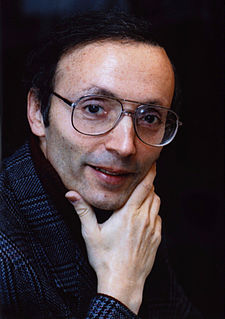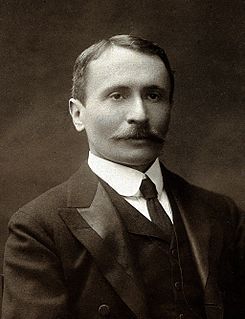A Quote by Alan Furst
I basically wrote five books with 'Night Soldiers,' called them novellas, and came in with a 600-page manuscript.
Related Quotes
I wrote 'Yellow Submarine' for the Beatles. I wrote the screenplay for 'The Games,' about the Olympic Games. I wrote 'Love Story,' both the novel and the screenplay. I wrote 'RPM' for Stanley Kramer. Plus, I wrote two scholarly books and a 400-page translation from the Latin, and I dated June Wilkinson!
I was a Teletype operator in the army, so that's where I learned to type. One day, I went downstairs to see if I could still type - I hadn't done it for four or five years after the war. So I typed out a page and I showed it to my wife and she said, "Where did you get this?" I said I wrote it. "You wrote this?" It was something very funny. I went and wrote another page, another couple of pages, and by the time I was finished I had 13 little short stories, humorous short stories.
When I would sell encyclopedias, I would drive down the road looking for a house with a swing set in the back, and I'd say, "Oh, those folks got kids. They need some books." I'd knock on their door and sell them a set of encyclopedias, and those books were from $300 to $600. I'd look around the house, and if there wasn't that much furniture in the house, I felt a little bad about selling a $600 set of books to people who couldn't afford a couch. So I didn't last at that job very long.
In the night ride across the Wular lake a small storm made me worry for the safety of my manuscript (Rajatarangini). It seemed as if the goddess of wisdom - Sharada, represented by waters of Kashmir, was unwilling to let me abduct the manuscript. This is what happened 1200 years ago to the Chinese pilgrim Hiuen-Tsang, who had to leave his Sanskrit manuscript in the angry Indus River.
Possession of books denounced as heretical was made a criminal offense. Copies of such books were burned and destroyed. But in Upper Egypt, someone, possibly a monk from a nearby monastery of St Pachomius, took the banned books and hid them from destruction - in the jar where they remained buried for almost 1,600 years.



































